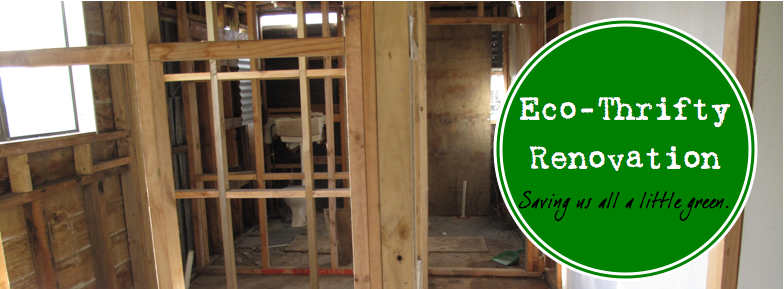Dani, Verti and I have been in North America visiting
family. We flew over primarily to celebrate my parents’ 50th wedding
anniversary, but in the week before the big day we were able to briefly stop in
to my old farm, named Trollbakken by a previous owner. Although the farm has
been in the hands of a Springboks supporter for the last five years (a South
African immigrant to the U.S.) it has remained in relatively good nick.
Verti has curbed her enthusiasm.
The sights, sounds and smells of the place reminded me of
the days, weeks, months and years I spent building soil fertility, growing
organic veges, and renovating the farmhouse. When I bought the farm in 2000, I
had no formal training in agriculture or building. I had been an environmental
studies teacher for the previous ten years, and so I knew about crop rotation
and solar energy on a textbook level, but had never done them.
The next eight years could be described as
learning-by-doing. Although I acquired a large collection of books on organics
and eco-building, the real learning took place through trial and error. There
is no substitute for experience.
The kitchen at Trollbakken mixes the new with the old (see below).
A number of unique features of the farm made for an unusual
learning experience. First, it was the last property on a dead end road, a
kilometre beyond the nearest neighbour. It was quiet, and days could pass
without my seeing anyone.
Second, the house was wired for low voltage DC electricity
powered by two small solar panels. Aside from a chainsaw, I rarely used power
tools for building and renovation.
Third, I chose to manage my market gardens entirely by hand.
Aside from transporting hay and compost in the back of a ute, I grew all of my
veges without fossil fuels.
New white walnut (butternut) floor milled from a tree on the farm.
To some readers this may seem like a Siberian work camp, but
to me it was a postgraduate education in eco-thrifty design/build. Similar to
the PhD I just completed through the University of Waikato, my ‘studies’ at
Trollbakken required independence, determination and self-discipline. As I have
come to understand, these are some of the key characteristics of adult
learners.
Some vintage wallpaper was preserved during the kitchen renovation.
When we are no longer in compulsory schooling, it is up to
us to get off our bums and take ownership for our learning. I would argue that
this is the best type of learning because adult learners usually undertake
education – be it informal or formal – that is relevant and meaningful to their
lives. This could include job training and career advancement programmes, or,
as I’ve been involved with, sustainability workshops based on saving power and
money while protecting the environment.
Any adult that lives in a home, pays a power bill, or eats
vegetables may see some relevance in one or more of these upcoming free and
low-cost presentations scheduled to mark Adult
Learners' Week/He Tangata Mātauranga, 2nd – 8th
September. The programme is a partnership between the ECO School, Adult and
Community Education Aotearoato, and Community Education Service Wanganui.
Monday,
2nd September – Warm, Dry, Healthy Homes
5:30-6:30
pm. Gonville Café Library, Abbot St. - Free
Tuesday,
3rd September – Understanding Your Power Bill
5:30-6:30
pm. Gonville Café Library, Abbot St. - Free
Wednesday,
4th September – Organic Vege Gardening
5:30-6:30
pm. 10 Arawa Place, Castlecliff - Koha
Thursday,
5th September - Ask a Solar Question
7-9 pm.
$20. Registration essential. Ring CES – 345 4717
Friday,
6th September – Composting
5:30-6:30
pm. 10 Arawa Place, Castlecliff - Koha
Saturday,
7th September – Fruit Tree Care: TBD (Ring 344 5013) - Free
Sunday,
8th September – Eco-Literacy Day.
3-5 pm.
10 Arawa Place, Castlecliff - Koha





You might be qualified for a new government sponsored solar energy rebate program.
ReplyDeleteClick here and find out if you are qualified now!